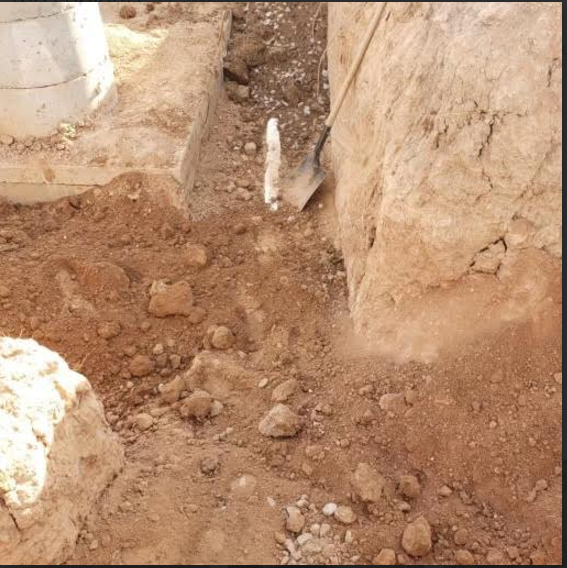Septic Tank vs. Sewer System: What's Best for Your Home?
- permitting7
- Apr 4, 2025
- 3 min read
Updated: Dec 30, 2025
Or rather, what are the options you have, if any?

During the process of building or buying a home, one of the primary concerns is how wastewater is going to be treated. Typically, homeowners have two choices: a septic system or joining a municipal sewer. Both options have their strengths, weaknesses, and maintenance requirements. Understanding the differences can help you make an informed decision.
Septic System or Municipal Sewer: Do You Have a Choice?
Depending on where you live, you might or might not have a choice.
Urban and Suburban Neighborhoods: Most houses in urban areas and suburban neighborhoods are required to connect to a municipal sewer system.
Rural and Parts of Suburban Communities: Without a municipal sewer system, houses are compelled to utilize private septic systems.
Building Communities: Some new neighborhoods offer both options, and residents get to decide which one they prefer.
If you do have a choice, it might be worth weighing the pros and cons of each system.
Why Homeowners Prefer Septic Systems to Sewer Systems
The majority of homeowners prefer septic systems over municipal sewer connections, even when both are available. Here's why:
1. Lower Long-Term Costs
Septic systems involve initial installation fees but less maintenance than sewer systems, which require monthly or quarterly utility bills.
Septic System Costs: Typically $10,000+ to install, with occasional maintenance.
Sewer Connection Costs: Monthly service fees, plus a one-time hookup fee (typically several thousand dollars). Even more so, depending on the scenario potentially roadwork and the materials of that process. This is called a City Sewer Tie In.
2. Freedom from Municipal Services
Because they are not reliant on city infrastructure, homeowners with a septic system are less vulnerable to backups or rate increases in municipal sewer systems.
3. Environmental Benefits
Septic systems are built to treat wastewater naturally on the property. This reduces the burden on municipal wastewater treatment plants and can assist in groundwater recharge zones.
Septic Systems: Filter wastewater through the soil, returning it to the groundwater system.
Sewer Systems: Move wastewater to centralized treatment plants, occasionally resulting in overflows or excessive chemical treatments.
4. More Practical for Large Properties
Large-lot, farm, or rural properties typically prefer septic systems as the most practical choice. It can be costly and impractical to extend municipal sewer lines across long distances.
5. Less Possibility of Municipal Failures
Urban sewer networks can become inundated by excessive rain, old pipes, or neglected upkeep, leading to backup or contamination issues. Well-upkept septic systems are sealed and more difficult to see pervasive failures.
Potential Septic System Drawbacks
Though there are several positive aspects about septic systems, there are certain things to think about:
Routine Maintenance Necessary: Septic tanks need pumping out every 3-5 years.
Upfront Installation Cost: The initial cost may be higher than just connecting to a sewer.
Space Requirements: Septic systems require adequate land space for drain fields.
Potential for Failure: Low maintenance or excessive water usage can lead to system failure, requiring repair or replacement.
Sewer Systems: When They Might Be the Better Option
Occasionally, connecting to a municipal sewer system is the better choice:
If You Prefer Low Maintenance: The city maintains the sewer system, so the owners do not have to pump or fix it.
If Your Lot Size is Limited: Some locations are too small for a septic drain field.
If You Expect to Sell Your Home Shortly: Some buyers prefer sewer connections rather than septic systems because they are easier.
Making the Right Choice
If you have the option to choose between either a septic system or a municipal sewer, make the following considerations:
Location: Rural areas will typically require septic systems.
Cost: Consider the initial cost of installation versus the cost of maintenance, or potential large scale catastrophes, over time.
Environmental Impact: Septic systems may be more environmentally sound for certain pieces of property.
Convenience: Sewer systems require less homeowner upkeep but entail periodic charges.
Both septic and sewer systems each have their own advantages and disadvantages. If you're unsure what method would work best for your home, talking to a septic professional like BEST Septic Solutions can help you determine the most cost-effective and eco-friendly option for your property.
this has nothing to do with alternative systems but i like the idae


